Listing of human settlement degrees and courses offered by South African tertiary institutions
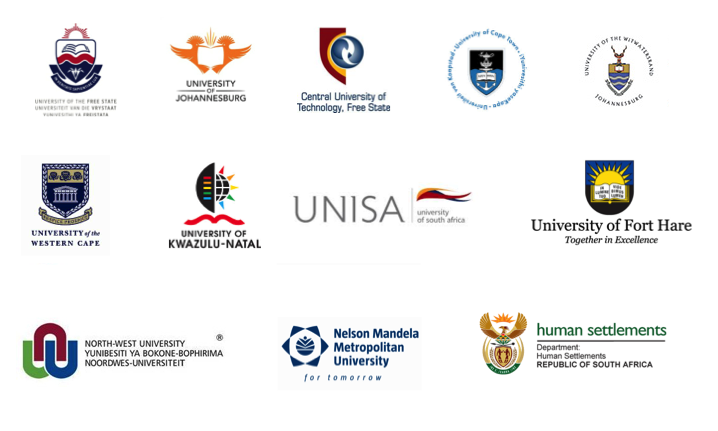
01 November 2022
Dimakatso Modise
English
Information page
Council for Scientific and Industrial Research
Africa
This uKESA resource page outlines many of the housing and human settlements courses offered at higher learning institutions across South Africa. We have sorted the courses into three categories:
The list also includes courses with modules that have a strong housing or human settlements component.
Course descriptions below are based directly on the sources. For the most up to date and comprehensive information on each course, please follow the links below.
Undergraduate Degrees
1. Bachelor of Human Settlement Development
The Nelson Mandela Metropolitan University offers a degree programme, the Bachelor of Human Settlements Development (BHSD). This degree is sponsored by the South African Minister of Human Settlements through the Chair for Human Settlements Development and Management.
This programme provides students with professional skills and knowledge appropriate to a range of employment opportunities associated with human settlement development and management. Students are required to complete four months (one month per year) of work-integrated learning (WIL) during recess period (with mentors). Graduates are employed by managing organisations and developing and implementing human settlement policy, strategies, programmes, and projects in the public and private sectors.
Duration: 4 years (full time)
Institution: Nelson Mandela Metropolitan University
Faculty: Engineering, the Built Environment and Technology
2. Bachelor of Administration in Human Settlements Management
This three-year BAdmin degree in Human Settlements Management will equip students with the necessary skills to specialise in the improvement of human settlements in South Africa. It allows students to study while working as it is offered through open distance learning. The course is aimed at students, public officials, managers, and practitioners involved and interested in public policy related to informal settlements and townships, and town development in municipal areas.
Graduates will be able to perform public administrative functions and to apply the following:
- perform public administration functions as a basis for managerial decisions for human settlements management;
- apply fundamental aspects, principles, and procedures of financial accounting;
- manage policy implementation of human settlement projects compliant with applicable housing laws and regulations;
- perform human resource duties/responsibilities within the administration of human settlements;
- demonstrate an understanding of fundamental principles of ethics in a comparative multidisciplinary perspective; and
- investigate the role that government plays in environmental affairs at national, provincial, and local level.
Duration: 3 years (part time and full time)
Institution: University of South Africa,
College: Economic and Management Sciences
3. Bachelor of Social Science in Housing
This programme teaches students about human settlements and its multiple dimensions, focusing on skills that will allow students to contribute to the housing sector and urban development. Coursework in the programme includes the social and behavioural sciences, public policy, development planning, housing nuance, economics, and technology. The structure of the programme exposes students to key housing concepts and theories. With an intention to bridge the gap between policy, technical and social dimensions of human settlements, students are allowed to take relevant electives from a broad range of courses offered within the College of Humanities.
The programme focuses on both national and international issues in human settlements, although with a national emphasis. Through case studies, the course introduces students to international housing trends. The degree uses low-income contexts to analyse housing issues with their rich and complex nature. However, the degree is not a ‘low-income housing degree’ but encompasses a broader range of housing issues pertaining to access to the housing market from the low-income to the high-income segments.
Duration: 3 years
Institution: University of KwaZulu Natal
School: Built Environment and Development Studies
4. Bachelor of Science Real Estate
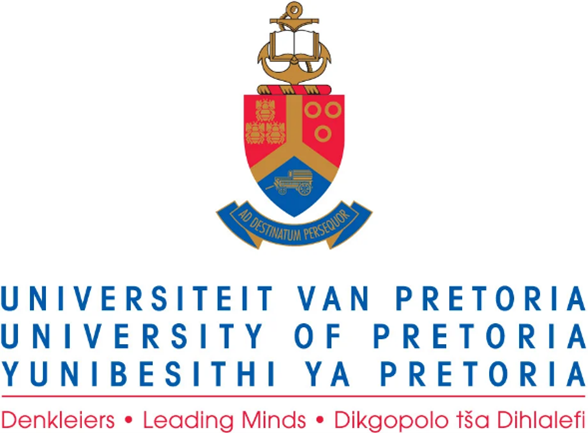 |
Real estate is the study of fixed property and related aspects such as property economics, development, management, valuation, financing, investment and marketing. Apart from a future in areas such as property investment, property finance and facilities and property management, further studies to obtain an honours degree in real estate can lead to registration as a professional property valuer.
Duration: 3 years
Institution: University of Pretoria
Faculty: Engineering, Built Environment, and Information Technology
5. Bachelor of Social Science in Human Settlements
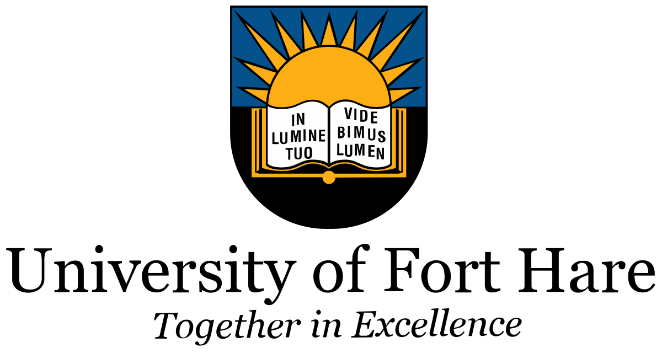 |
The main aim of the Bachelor of Social Science in Human Settlements is to offer professional training related to the special needs of a career in the field of human settlements.
The programme purpose is to equip students with:
- extensive background knowledge of the field of human settlements;
- competencies to become human settlement practitioners and human settlement policy analysts; and
- requisite practical skills to respond to the challenges of designing settlements.
The curriculum was developed for the purpose of obtaining the appropriate skills required when working with other professionals in the field of human settlements. For this reason, the final year of study includes an internship.
Duration: 4 years
Institution: University of Fort Hare
Faculty: Social Sciences and Humanities
6. Bachelor of Town and Regional Planning
Town and Regional Planning is a profession that promotes and manages societal transformation and progressive change through the planning, design, implementation and management of interventions in the development and use of land. These interventions range from site to supranational level, and have as their aim the widening of choice, promotion of equity, ensuring sustainable human settlements and improving people’s quality of life.
The programme in Town and Regional Planning equips planners with the necessary knowledge and skills to design interventions to deal with many problems on properties and in settlements and regions by focusing on the following themes: planning theory and history, land-use management and land development; settlement planning and design; strategic and integrated development planning; urban and rural regeneration; and planning methods and techniques.
Duration: 4 years
Institution: University of Pretoria
Faculty: Engineering, Built Environment and Information Technology
Postgraduate Degrees
1. Master of Human Settlement Development
This research-based master’s degree programme is offered on full-time and part-time basis, to be completed at NQF Level 9 with a dissertation that comprises 180 credits. The programme is offered by the Department of Building and Human Settlement Development in the School of Built Environment and Engineering.
The programme is intended to provide students with advanced critical thinking, problem solving, and research skills aimed at ensuring that sustainable solutions are found for the most daunting affordable housing and human settlement problems facing South Africa, the Southern Africa region, the continent, and the rest of the world.
Duration: 1 year
Institution: Nelson Mandela University
Faculty: Engineering, the Built Environment and Technology
2. University of KwaZulu Natal Postgraduate Programmes in Housing
The Bachelor of Housing Development Honours aims to produce graduates with specialised knowledge in the area of housing and well-developed critical thinking and problem-solving skills. While the focus is on preparing students for the South African job market, the programme also draws on international best practices and thus prepares students for practice in the human settlement field globally.
Duration: 1-year
Institution: University of KwaZulu Natal
School: Built Environment & Development Studies
The Master of Housing Development is a Master by research programme which targets Honours graduates who wish to develop specialised knowledge and advanced research skills in the discipline of housing. Masters’ graduates will be well placed to engage in leadership and decision-making positions in the field or to pursue an academic career, thus engaging in ongoing knowledge production and the education of future housing practitioners.
Duration: 1-year
Institution: University of KwaZulu Natal
School: Built Environment & Development Studies
The Housing Discipline’s Master of Housing is a two-year structured coursework programme that includes a completion of a short independent research dissertation in the 2nd year level. The programme is premised on Housing Theory and Practice and Housing Finance and Policy as core building blocks that introduce graduate students to key concepts in the housing discourse. It exposes graduate students to a variety of issues that cover international, regional, national and local contexts of human settlements studies. Students will learn to engage critically and analytically with complex contemporary housing issues; and are introduced to key themes in human settlements studies that include (but not limited to); housing policy, housing finance, sustainable development, sustainable human settlements, housing and gender, urban poverty, integrated development planning, informal settlements upgrading, community participation, governance, and housing implementation.
Duration: 2-years
Institution: University of KwaZulu Natal
School: Built Environment & Development Studies
Housing Discipline’s Doctor of Philosophy research programme is a course of self-selected academic study in the area of human settlements. It embraces a broad interpretation of housing studies and tends to link various aspects of development studies discourse with human settlements. The PhD programme covers a broad range of research areas within the housing sector such as informal settlements upgrading; housing policy; housing finance; informal housing markets; urban planning; development studies etc. The chosen area of research should have a primary focus on human settlements as a lead component.
Duration: Min 3-years
Institution: University of KwaZulu Natal
School: Built Environment & Development Studies
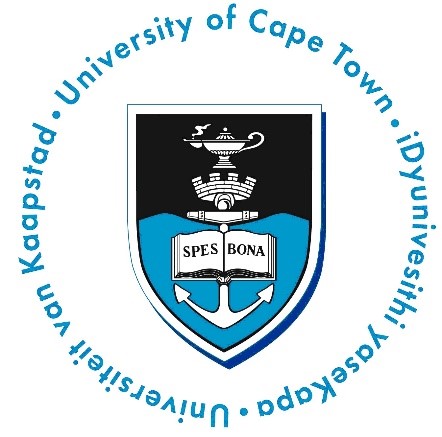 |
The increasingly large scale, complex, and diverse nature of cities demands the expansion of traditional architectural capabilities to embrace an understanding of the structure and functioning, and three-dimensional design and management of, human settlements. The Master of Urban Design degree curriculum comprises one year of full-time study, open to Honours or Masters-level graduates in Architecture, Landscape Architecture, or Planning from any recognized institution approved by Senate.
Duration: 1-year
Institution: University of Cape Town
School: Architecture, Planning & Geomatics
4. Master of Urban Studies in the field of Housing and Human Settlements
 |
Wits offers the course: Master of Urban Studies (Housing and Human Settlements). The MUS (HHS) aims to develop practical, managerial, analytical, and spatial skills, as well as social and cultural sensitivities, to meet housing challenges in the unevenly developing world.
Students are offered the unique opportunity to engage with housing issues from a multi-disciplinary, internationalist perspective. The coursework covers theoretical, conceptual, social, technical, managerial, legal, financial and planning aspects of housing and includes electives that deepen the engagement with housing in specialised areas.
Through the substantial research component, students are given the opportunity to critically explore a particular aspect of their interest in housing. Students are taught and supervised by a multi-disciplinary team of scholars.
Duration: 2 years
Institution: University of Witwatersrand
School: Architecture and Planning
5. Bachelor of Science Honours Applied Science Architecture
This degree is for those students intending hereafter to pursue a master’s degree by research and coursework in applied science in the fields of architecture, landscape architecture or interior architecture or generally in the built environment.
Research fields that students are advised to follow by the research field coordinator:
- Environment potential
- Human settlements and urbanism
- Heritage and cultural landscapes
Duration: 1 year
Institution: University of Pretoria
Faculty: Engineering, Built Environment, and Information Technology
6. Bachelor of Spatial Planning Honours with Specialisation in Human Settlements
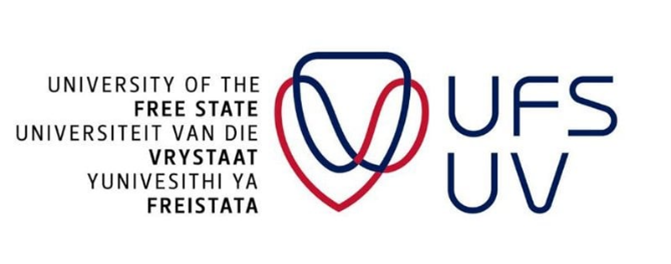 |
The Specialisation in Human Settlements combines urban planning and human settlement modules to enable graduates to function effectively in planning sustainable human settlements with focus on the development and management of human settlements as well as the theory related to human settlements and housing.
After completing the programme, graduates will have the following skills:
- A thorough knowledge of human settlements theory, policy, ethics and implementation;
- The ability to understand and apply the urban and regional planning context of human settlement development e.g. the legislative and institutional framework, the environmental and land use requirements, and the socio-cultural and economical parameters;
- The ability to structure and implement human settlement strategies, programmes and projects, e.g. the ability to analyse settlement needs from a theoretical and empirical perspective, to engage communities, and to propose and implement appropriate interventions.
- The programme is either completed on a full time or part-time (compact block week sessions; 5-6 weeks)
Duration: 1 year full time or 2 years part time
Institution: University of the Free State
Faculty: Natural and Agricultural Sciences
7. Master of Human Settlements (research)
|
This learning programme aims to:
a) Provide the student with the opportunity to present evidence of advanced study and research characterised by intellectual independence and advanced knowledge of a specialisation area in the subject, as well as accurate assessment of his/her own results and as well as that of others by production of a thesis, which places his/her research in broader context and which is capable of withstanding international intellectual scrutiny.
b) Develop the student, who will be able to demonstrate knowledge and understanding of supervised planning and execution of a research project in the discipline. This project includes hypothesis formulation, collecting appropriate experimental materials, optimising techniques and procedures, data acquisition, analysis and interpretation of results, and writing of a dissertation according to a structured format and related literature.
A student must do research on an approved topic in consultation with the academic programme director for at least one year, in preparation of a full dissertation that shall be submitted as the only requirement for the degree. In certain circumstances, the academic programme director may require or allow additional subjects to be taken to fill a skills or knowledge gap.
Duration: 2 years
Institution: University of the Free State
Faculty: Natural and Agricultural Sciences
8. PhD majoring in Human Settlements
Duration: Min 3-years; Max:5-years
Institution: University of the Free State
Faculty: Natural and Agricultural Sciences
9. Bachelor of Science (Honours) in Property Studies
This programme is intended for students who have completed a BSc in Property Studies and who wish to advance their knowledge and skills, and gain further insight by specialising in particular aspects of property valuation and management. The qualification provides the necessary foundation for specialisation at master’s level in various fields such as property development and management, project management, housing development, and facilities management.
Duration: 1 year
Institution: University of Cape Town
Faculty: Construction Economics and Management
Short Courses
1. Fundamentals for Human Settlements
The development of sustainable human settlements, as mandated by the Breaking New Ground policy (BNG) and international treaties such as the Sustainable Development Goals (SDG 11) requires knowledgeable and competent practitioners in the field. This short learning programme is designed to enhance capacity of practitioners working in the human settlements field. It supports the South African government’s intent to fast-track housing provision and develop sustainable human settlements, while at the same time warranting institutional performance of local and provincial governments.
Learning Duration: 5 days
Institution: University of the Free State,
Department: Urban and Regional Planning
2. Housing Finance for Sub-Saharan Africa
Sub-Saharan Africa faces a major housing challenge related to rapid urbanization and growth in informal settlements. The housing crisis has had a particularly negative effect on people’s well-being during the current COVID-19 pandemic. It is urgent to scale up the construction of affordable housing and the improvement of existing housing. This requires robust and inclusive housing finance systems that offer diverse housing finance products and are supported by effective policies and stimulus measures. The Housing Finance Course for Sub-Saharan Africa addresses the critical challenges faced by the housing finance industry in Sub-Saharan Africa and teaches the conceptual, managerial, and practical tools needed to build strong housing finance systems. The course is meant for senior policy makers, bankers, investors, developers, and housing professionals who seek to become constructive partners in improving and expanding housing finance systems in their countries.
The course is run as a partnership between the Urban Real Estate Research Unit (URERU) at the University of Cape Town and the International Housing Finance Program of the Wharton School at the University of Pennsylvania, USA, and is supported by the Centre for Affordable Housing Finance in Africa.
Duration: 11 days
Institution: University of Cape Town
Unit: Urban Real Estate Research
3. Property Development and Investment
This University of Cape Town (UCT) Property Development and Investment online short course aims to equip students with the skills to understand the inner workings of the property sector. Over eight weeks, students will learn how to make intelligent investment decisions, navigate the landscape of property development and entrepreneurship, and conduct property management effectively.
Duration: 8 weeks
Institution: University of Cape Town
Unit: Urban Real Estate Research
4. Urban Design Continuing Professional Development (CPD) course
Urban Design Africa is an online short course, linked to the Master of Urban Design Programme & CPD Programmes based within the Engineering and Built Environment Faculty at UCT. The course considers the application of urban design and southern spatial theory in African cities. Over a six-week period, debates are intended to revolve around an emerging socio-spatial agenda of 6 everyday African cities.
The course is conducted over 6 seminars (1/week) investigating urban space, identity, time and context and reflects on urban design practice in the global south.
Duration: 1 week
Institution: University of Cape Town
Unit: Urban Real Estate Research
5. Institute for Human Settlement Practitioners
The Institute of Human Settlement Practitioners South Africa (IHSP-SA) is a nationally active voluntary association, whose mandate is to mobilize and represent human settlements practitioners. These are students and practitioners undertaking housing and human settlements qualification in various Universities in the country, graduates of these qualification, academics who teaches and practitioners and professionals within the sector. The IHSP-SA has a collaborative programme which seeks to combine national and international stakeholders to advance the professionalization of human settlements practitioners in South Africa.
Institution: The Institute of Human Settlement Practitioners South Africa (IHSP-SA)


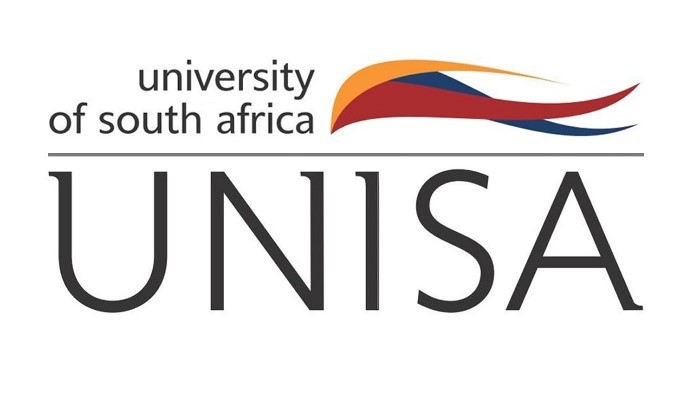

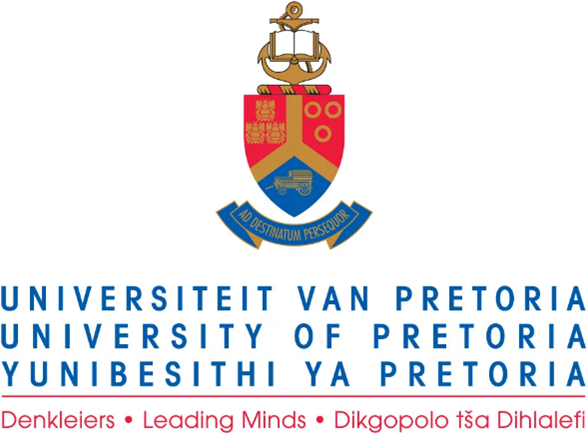
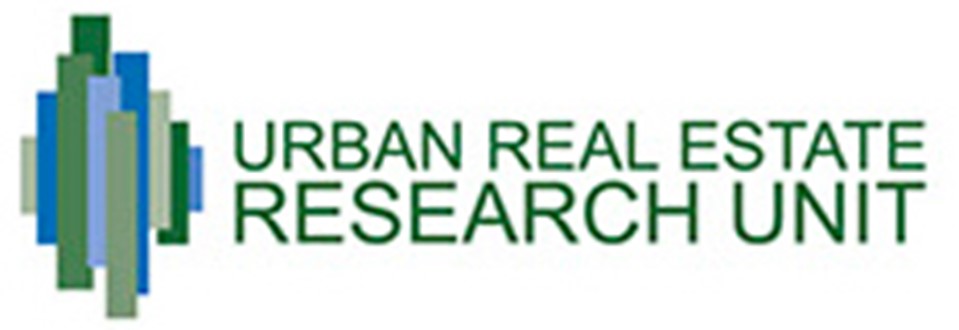
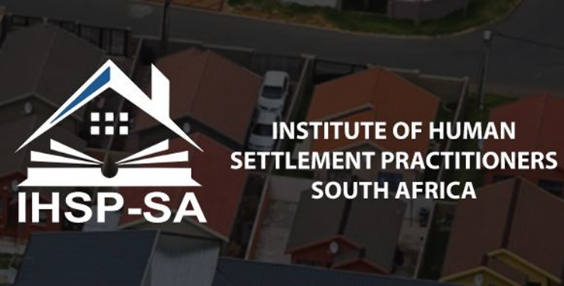



Comments